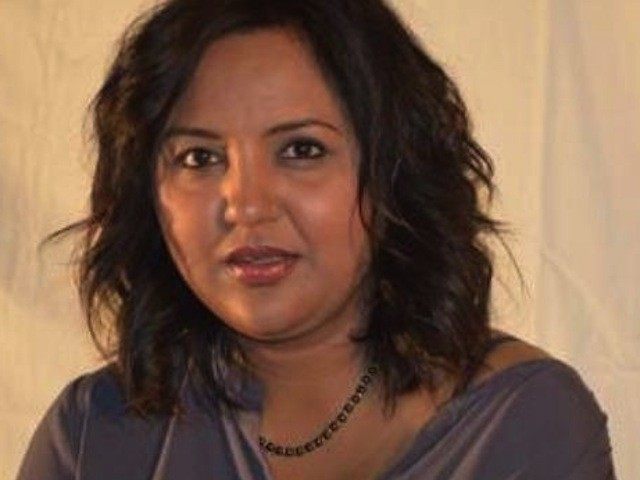Zainub Priya Dala, a South African Muslim author and psychologist, was “violently attacked for expressing admiration for Salman Rushdie” the day after praising the author. After countless phoned-in threats to recant, Dala was placed under psychiatric care in which she was “drugged until I could not walk” and advised to adopt a proper Muslim lifestyle.
Dala recently published her first novel, What About Meera. Last month, at a literary festival in Durban, she said she “admired the writing of Arundhati Roy and Rushdie.”
Three days later, three men forced her car off the road, held a knife to her throat, banged her face with a brick and broke her cheekbone. They called her “Rushdie’s bitch.” Had a taxi not passed by, she is sure she “would’ve been stabbed.”
Immediately thereafter, Dala was placed under intense pressure. The Muslim community, her father, and her husband have all demanded that she “recant, repent, and say prayers.” Her phone rang repeatedly late at night.
And then things got worse. In classic Soviet style, Dala was admitted to a psychiatric facility in Durban. Initially, genuinely stressed, she consented to this admission; soon enough, she understood that her treatment (or punishment) would consist of learning how to become “a good Muslim woman, stay covered and silent.”
Dala tweeted from the institution that she was “not dragged kicking and screaming here,” but that “a religious leader” suggested she should be interned at a mental institution to “reflect on my religion.”
Dala was drugged so much that she could barely walk. She said that she had been “broken down into submission.” She was harangued to renounce her admiration of Rushdie’s works. She says: “I could just as easily burn my Oscar Wilde collection because some homophobes came calling.”
Many of us have compared Islam or Islamic totalitarianism with its Soviet and Chinese counterparts. What the Muslim community of Durban and the doctors at St Joseph’s Mental Hospital in Durban are doing is incarcerating a healthy person– even if, as The Guardian notes, she was admitted “voluntarily” after being pressured by family. They may not represent state power—but for a Muslim dissident, they do. This mistreatment is precisely what Soviet Russia and China have done to many of their dissidents.
According to Richard J. Bonnie, LLB, in The Journal of the American Academy of Psychiatry and the Law, this is a “particularly pernicious form of repression because it uses the powerful modalities of medicine as tools of punishment, and it compounds a deep affront to human rights with deception and fraud.”
PEN, the international literary and human rights organization, mounted a campaign on her behalf. Dala was just released this past Sunday evening. She thanked PEN for their efforts and issued this statement:
I would like to thank PEN Centers in South Africa, America, and the U.K. a million times over for mobilizing so quickly and working so hard to secure my release from St. Joseph’s psychiatric hospital. I felt myself slipping into a deeper depression while there. I felt cut off from the world and that my faculties were compromised by excessive medication. I am now home with my family, laughing kids and overgrown garden.
Please note: Dala does not venture her opinion on any literary matter.
In my expert opinion, with all due respect to PEN’s efforts, Dala might still have not been released unless she was able to demonstrate some genuine remorse and a willingness to either publicly recant her views about Salman Rushdie’s “literary style” or to keep quiet about the matter. A tweet she sent from the mental facility in which she claims her comments on Rushdie were misquoted seem to indicate that may be precisely the direction she will take in publicly addressing the matter.
Now, she knows what her family and her community will do to her if she steps out of line.

COMMENTS
Please let us know if you're having issues with commenting.